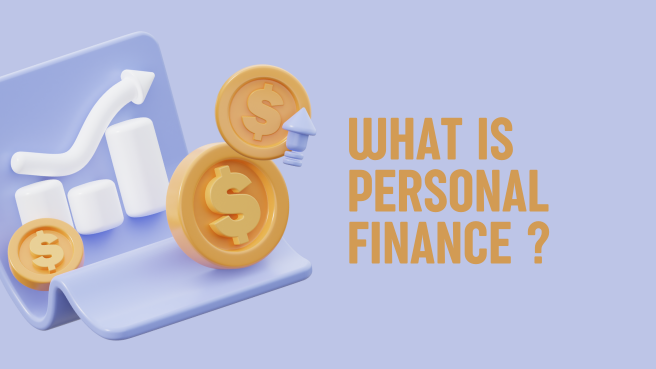Personal finance represents a pivotal aspect of financial management that often goes unnoticed in the hustle and bustle of daily life. It encompasses all financial decisions and activities of an individual or household – the practices of earning, saving, investing, spending, and protecting money. Given the complexities of today’s economic environment, mastering personal finance has become indispensable for achieving financial stability and independence.
The Essence of Personal Finance
Personal finance is rooted in the management of your finances, including budgeting, investments, retirement planning, insurance, and tax planning. It’s about understanding how each of these areas impacts your financial health and how to navigate them effectively.
Budgeting and Saving
At the core of personal finance is the concept of budgeting – creating a plan for your income and expenses. Budgeting allows you to make informed decisions about how to allocate your resources to meet your financial goals. Saving, on the other hand, is about setting aside a portion of your income for future use, typically in a savings account, a fixed deposit, or other low-risk investments. The significance of saving cannot be overstated, as it forms the foundation of financial security and independence.
Investing Wisely
Investing is another cornerstone of personal finance. It involves putting your money into vehicles with the potential for growth, such as stocks, bonds, mutual funds, or real estate. The aim is to increase your wealth over time, ideally outpacing inflation to preserve or increase your purchasing power. However, investing comes with risks, and it’s crucial to understand these risks and how to mitigate them.
Debt Management
Managing debt is an integral part of personal finance. Whether it’s a home loan, a car loan, or credit card debt, effectively managing your liabilities ensures that they don’t spiral out of control. Strategies such as debt consolidation can be beneficial in this regard. Debt consolidation involves combining multiple debts into a single, more manageable loan, often with a lower interest rate, making it easier to pay down your debts over time.
Insurance and Risk Management
Insurance plays a crucial role in personal finance by protecting you and your assets from unexpected events. Whether it’s health insurance, life insurance, or property insurance, having adequate coverage can save you from financial ruin in the face of adversity.
Retirement Planning
Retirement planning is about preparing for the future. It involves setting aside funds to support yourself when you’re no longer working. With life expectancy increasing and the uncertain future of state-funded pension schemes, individual retirement planning has become more important than ever.
Tax Planning
Tax planning is the analysis of a financial situation from a tax perspective. It aims to ensure tax efficiency, with the elements of the financial plan working together in the most tax-efficient manner possible. Understanding tax laws and planning accordingly can save you a significant amount of money and contribute to your financial well-being.
The Indian Perspective
In India, personal finance is gaining importance as the economy grows and the middle class expands. However, a lack of financial literacy remains a challenge. According to a survey by Standard & Poor’s Financial Services LLC, only about 24% of the Indian adult population is financially literate. This underscores the need for education and awareness regarding personal finance concepts among Indians.



